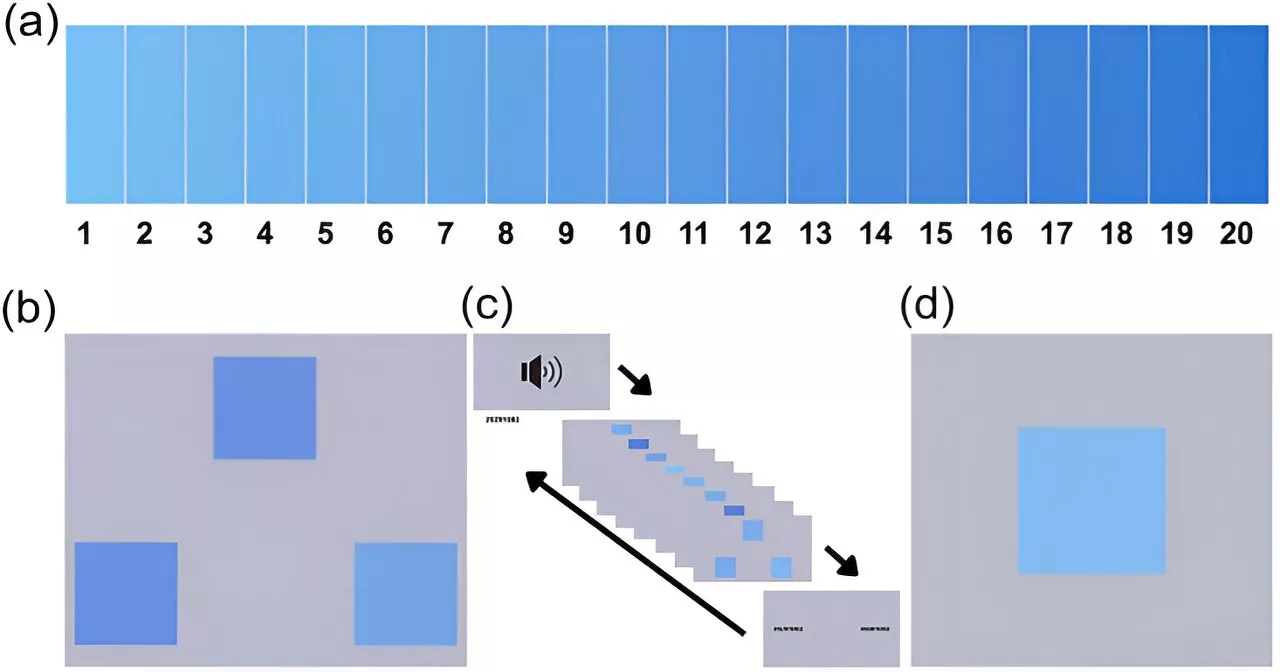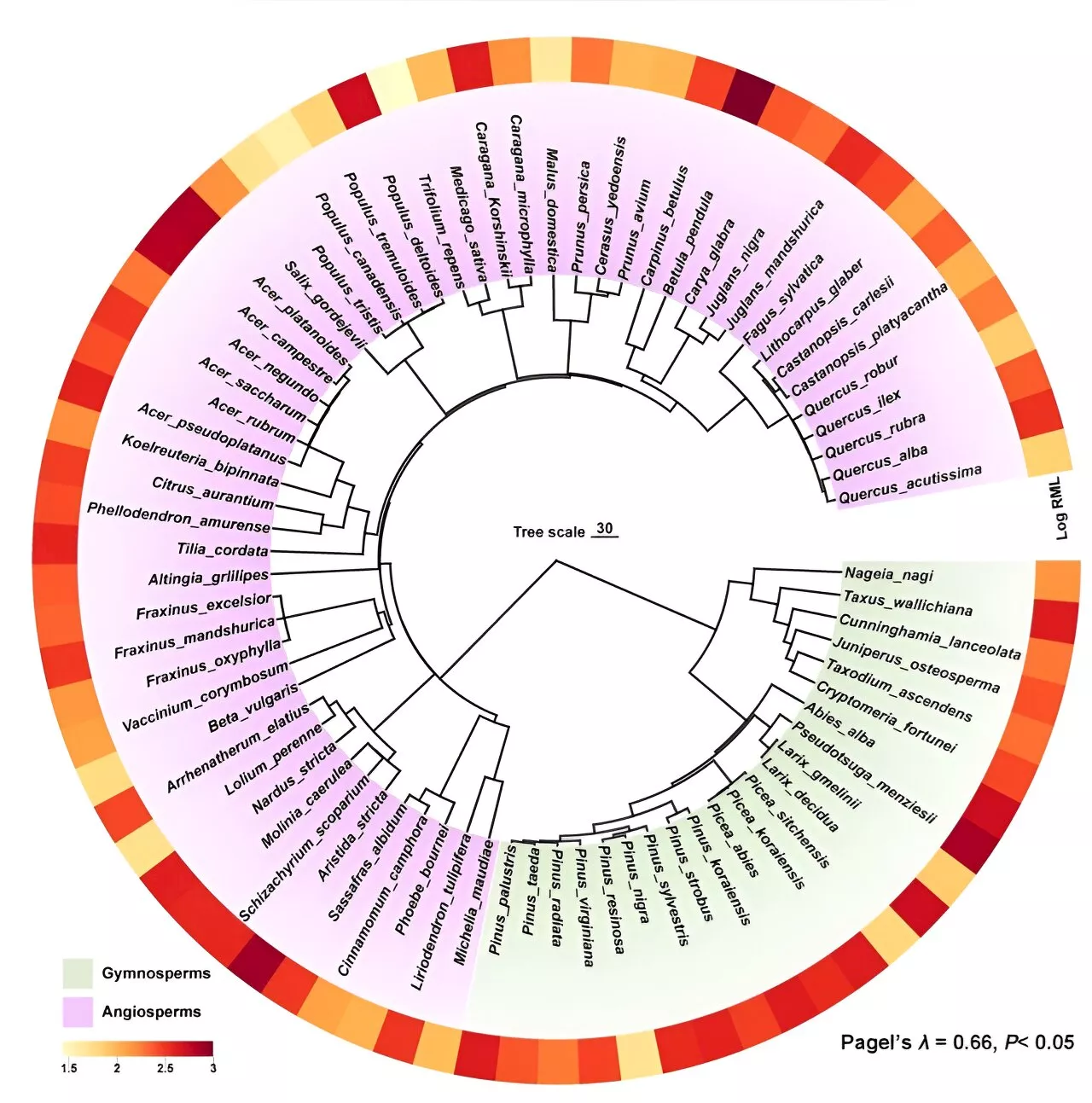New rat research lends credence to the old proverb, 'time flies when you're having fun'
A recent rat-brain study offers insight into how the brain tells time, and its lead researcher believes the findings have practical applications for how we can cope with unpleasant things in life, or make the most of a good time.
“We tell time in our own experience by things we do, things that happen to us,” lead author and UNLV psychology professor James Hyman said in a. “When we’re still and we’re bored, time goes very slowly because we’re not doing anything or nothing is happening. On the contrary, when a lot of events happen, each one of those activities is advancing our brains forward.” Thus, the researcher concluded, “the more that we do and the more that happens to us, the faster time goes.
United States Latest News, United States Headlines
Similar News:You can also read news stories similar to this one that we have collected from other news sources.
 Sex and Gender Map onto Different Brain Networks in ChildrenA preliminary study suggests that sex and gender are represented differently in the brain
Sex and Gender Map onto Different Brain Networks in ChildrenA preliminary study suggests that sex and gender are represented differently in the brain
Read more »
 Study finds language affects how quickly we perceive shades of colorBees have a phenomenal ability to perceive different shades of color, and their eyes are able to see ultraviolet light. This helps them find flowers that produce nectar.
Study finds language affects how quickly we perceive shades of colorBees have a phenomenal ability to perceive different shades of color, and their eyes are able to see ultraviolet light. This helps them find flowers that produce nectar.
Read more »
 Surprising Sleep Discovery Suggests We've Been Missing The Brain's Micro-NapsThe Best in Science News and Amazing Breakthroughs
Surprising Sleep Discovery Suggests We've Been Missing The Brain's Micro-NapsThe Best in Science News and Amazing Breakthroughs
Read more »
 Discovery of cellular mechanism to maintain brain's energy could benefit late-life brain healthA key mechanism which detects when the brain needs an additional energy boost to support its activity has been identified in a study in mice and cells led by UCL scientists.
Discovery of cellular mechanism to maintain brain's energy could benefit late-life brain healthA key mechanism which detects when the brain needs an additional energy boost to support its activity has been identified in a study in mice and cells led by UCL scientists.
Read more »
 Study suggests evolutionary history regulates fine root lifespan in tree species across the worldFine roots (≤2 mm in diameter), the main conduit for resource uptake in the plant-soil continuum, are one of the most metabolically active organs of trees. Due to the difficulty of directly observing root dynamics, quantifying fine root lifespan can be challenging.
Study suggests evolutionary history regulates fine root lifespan in tree species across the worldFine roots (≤2 mm in diameter), the main conduit for resource uptake in the plant-soil continuum, are one of the most metabolically active organs of trees. Due to the difficulty of directly observing root dynamics, quantifying fine root lifespan can be challenging.
Read more »
 Study reveals significant differences in RNA editing between postmortem and living human brainResearchers have reported finding major differences between postmortem and living prefrontal cortex brain tissues as they relate to one of the most abundant RNA modifications in the brain, known as adenosine-to-inosine (A-to-I) editing.
Study reveals significant differences in RNA editing between postmortem and living human brainResearchers have reported finding major differences between postmortem and living prefrontal cortex brain tissues as they relate to one of the most abundant RNA modifications in the brain, known as adenosine-to-inosine (A-to-I) editing.
Read more »
